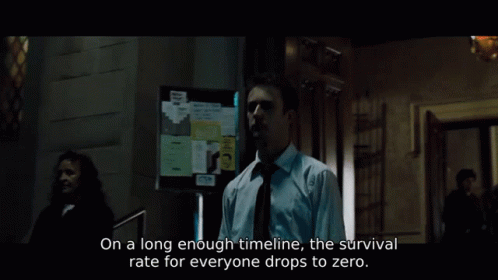- Joined
- Jul 14, 2020
- Messages
- 83
- Reaction score
- 187
tl;dr – Title basically says it all.
I've read/heard several people say they ended up not going into pediatrics because they "didn't find the medicine interesting in peds" or something along those lines, but none of them elaborated on what they meant. I've asked a couple MS4s that I know who are going into pediatrics, and they have no idea what that means. Does anybody here know what people mean when they say that?
This is a relatively pointless post, as I'll see firsthand how I like peds during clerkships... I'm just curious what people might mean, and I'm procrastinating on SDN.
I've read/heard several people say they ended up not going into pediatrics because they "didn't find the medicine interesting in peds" or something along those lines, but none of them elaborated on what they meant. I've asked a couple MS4s that I know who are going into pediatrics, and they have no idea what that means. Does anybody here know what people mean when they say that?
This is a relatively pointless post, as I'll see firsthand how I like peds during clerkships... I'm just curious what people might mean, and I'm procrastinating on SDN.

